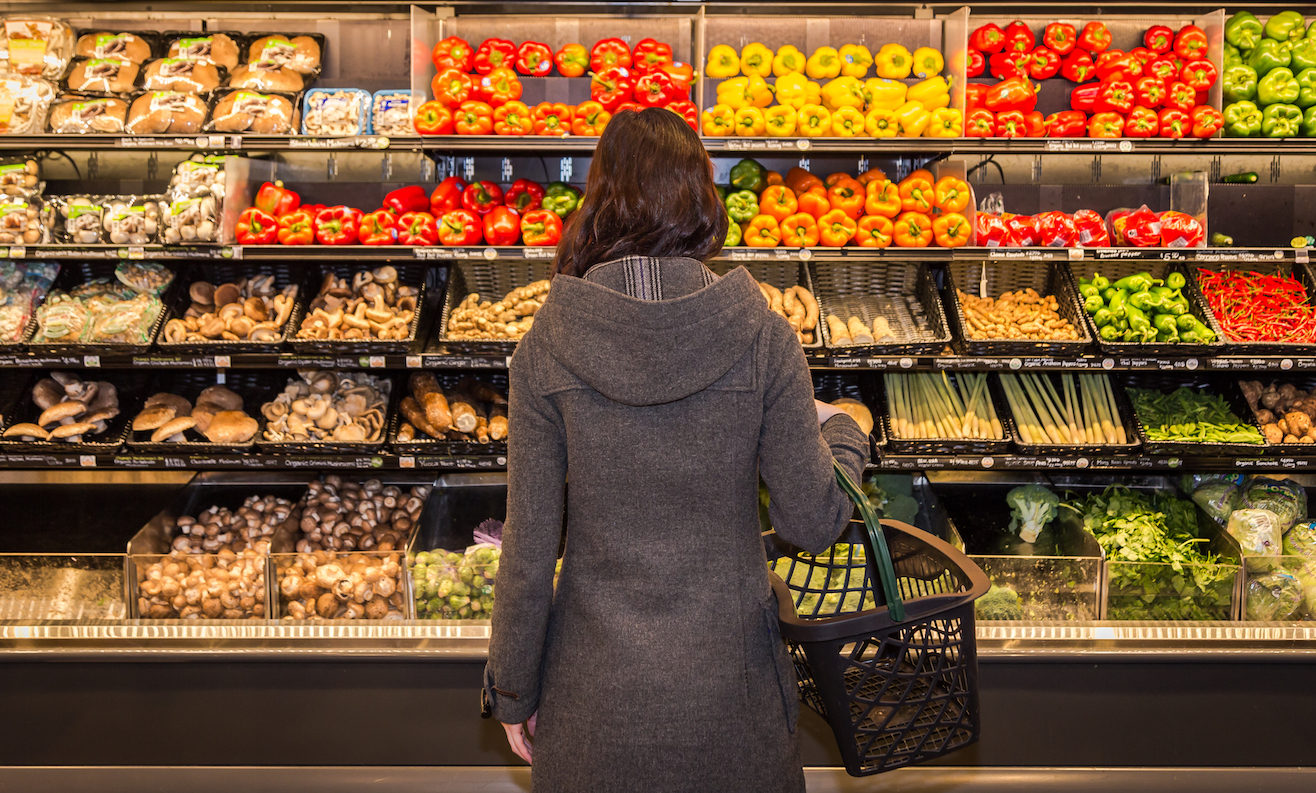
Grocery stores are changing to become smaller, cheaper, faster
Grocery shopping trends are shifting in America, and the result will be a faster, cheaper, and more streamlined experience for consumers. According to a new study, stores like European grocer Aldi are disrupting the market by offering better prices.
Walmart was once in a position to become the future of grocery shopping by offering customers an abundance of discounted options. Study co-author Sayan Chatterjee is a professor of Strategy at Case Western Reserve University.
“It’s all about limiting choice,” said Chatterjee.
He explained that Aldi has been successful by utilizing a single supplier for most of its products and targeting Walmart’s customers.
This strategy has simplified quality control and has helped Aldi’s products consistently meet the standards of middle-class consumers. The company targets customers who are cost-conscious and do not mind a limited selection of products.
Large supermarkets stock around 30,000 products of varying degrees of quality, but Aldi has about 1,400 single-sourced products. Most of the products are labeled in-house, allowing Aldi to offer lower prices. As a result, Aldi increased overall sales by 15 percent in 2016, while Walmart only saw a two percent rise in sales during the same year.
“Aldi has invented a new business model that provides similar quality groceries at a price point well below others,” said Chatterjee. “They have taken enough of Walmart’s customers to have forced the retail giant to lower its prices in response and refocus its strategy.”
The study highlights many other strategies used by Aldi, including the use of small stores to reduce overhead and speed up the shopping experience. In addition, Aldi charges for shopping bags and carts, and sets up stores next to supermarkets to attract some of their customer base.
“Price is increasingly winning over brand loyalty, and Aldi is winning on price,” said Chatterjee.
According to the researchers, Aldi is also trying to appeal to more upscale customers by accepting credit cards and offering more organic products.
“This competition is good for consumers and beneficial for the economy,” said Chatterjee.
The study is published in the journal Strategy and Leadership.
—
By Chrissy Sexton, Earth.com Staff Writer













